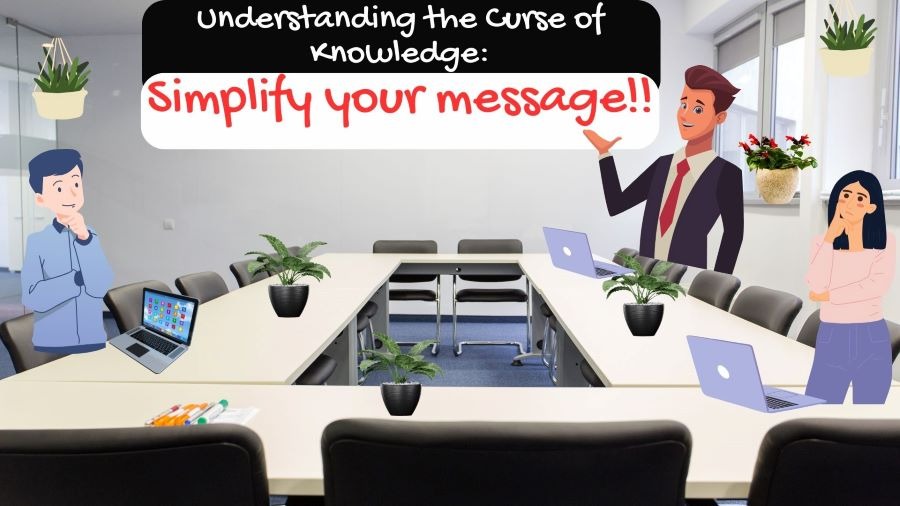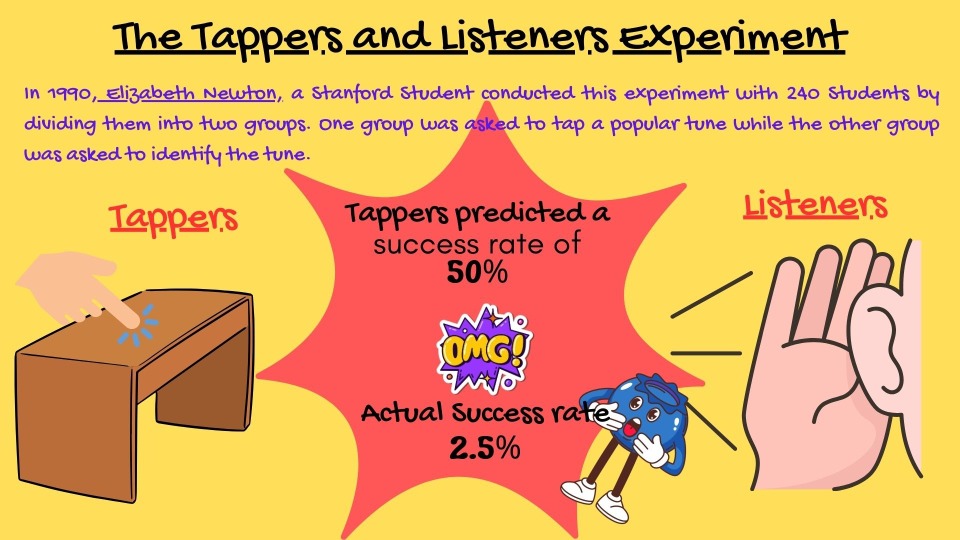There are no items in your cart
Add More
Add More
| Item Details | Price | ||
|---|---|---|---|

The tech-savvy person might take for granted the knowledge of swiping, long-pressing, or using various apps, assuming these actions are intuitive. However, for someone not familiar with modern smartphones, these actions are not at all obvious. The tech-savvy individual's curse of knowledge can make it challenging to teach the relative effectively, potentially overlooking the need to explain these basic interactions.
The "Curse of Knowledge" happens when someone knows a lot about something and forgets that others don't know as much. This makes it hard for them to explain things in a simple way. They might think the other person understands more than they actually do, leading to confusing explanations. This problem can pop up anywhere, like in teaching, business talks, writing, or any time someone is trying to share information with someone else.
The curse of knowledge was clearly shown in a study by a researcher named Elizabeth Newton in 1990. She did an experiment with two groups of people: one group were "tappers," and the other group were "listeners." The tappers picked a well-known song and tapped out the rhythm on a table. The listeners had to guess the song just from the tapping.

The curse of knowledge is a common problem, but it's not unbeatable. By being aware of it and adjusting how we communicate, we can make sure our messages are clear and understood. Remember the tappers and listeners: what's obvious to you might be completely unknown to someone else. With a little effort, we can bridge that gap and make our knowledge a blessing, not a curse.

Vinayak Buche
Vinayak is the Founder and Managing Director of Conlear Education.